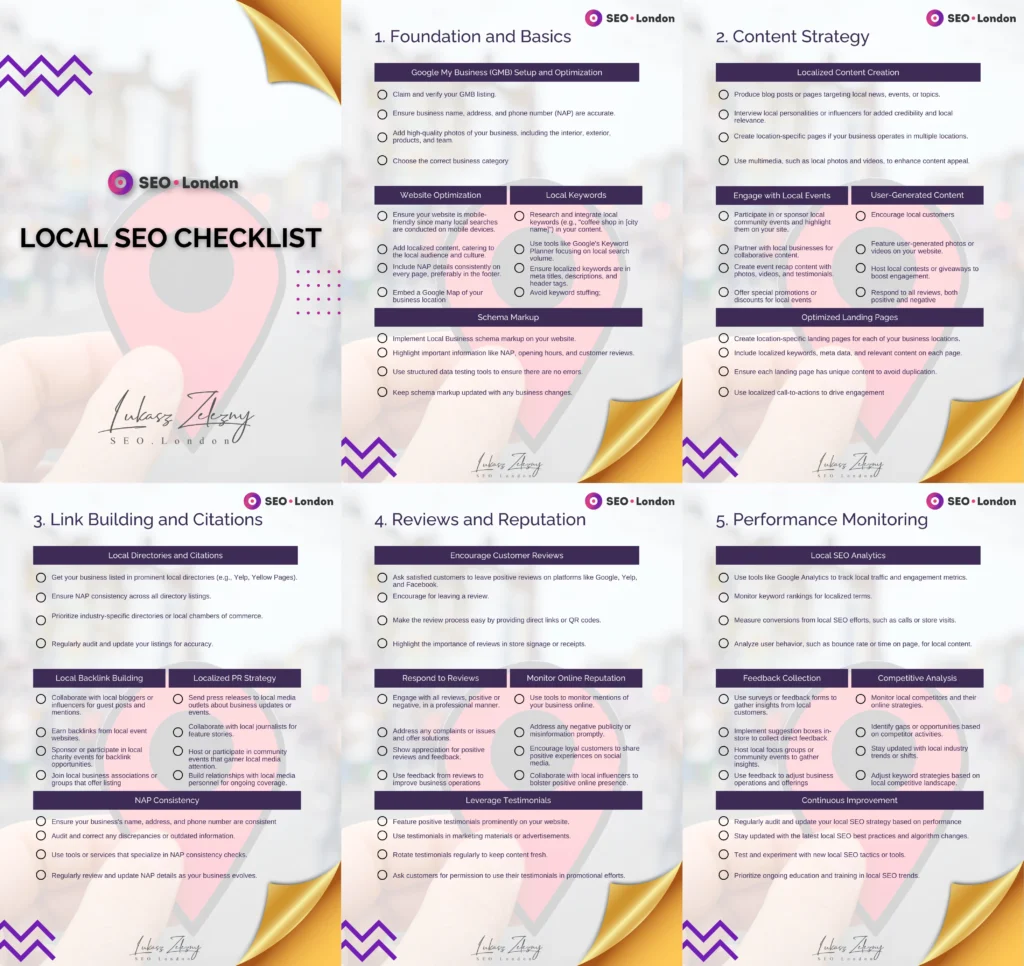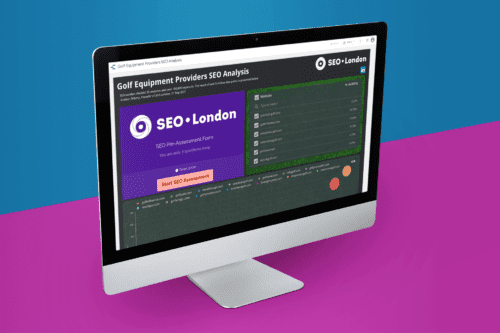Statistics show 86 percent of consumers search for local businesses online. If you own a local business, you can connect with these users by building local citations. Consisting of any combination of your business’s name, address, phone number, email address, and website URL, they help potential customers find your business while also increasing your business’s exposure on Google and Bing for local searches.
Use a Local Phone Number
Rather than using a toll-free phone number when building citations, use a local number with the area code in which your business operates. Some businesses use toll-free numbers with the 800, 844, 855, 866, 877 or 888 area, so callers aren’t required to pay long-distance charges. Unfortunately, toll-free area codes such as these don’t offer the same search engine optimization (SEO) value as local area codes. Building citations with a local area code provides search engines with one more piece of information about your business’s location, allowing your business and its website to rank higher for local searches.
Target the 4 Main Sources of Citation
When building citations for your business, focus on the four main sources:
- Local Business Directories: Google My Business, Bing Places, Yahoo Local, Apple Maps, MapQuest, Yellowbook, Yellow Pages, Super Pages, Manta, Thumbtack, Foursquare.
- Review Websites: Yelp, Angie’s List, TripAdvisor, ConsumerAffairs, Better Business Bureau (BBB).
- Data Aggregators: Localeze, InfoGroup, Acxiom, Factual.
- Social Media Networks: Facebook, LinkedIn, Twitter, Instagram, YouTube.
Check out moz.com/learn/seo/citations-by-category for more potential sources of citations.
Claim Existing Citations
Some local business directories and review websites allow anyone to create business citations, regardless of whether they are associated with the business. Therefore, you should check to see if your business already has a citation, and if it does, claim the citation. On Yelp, for example, you can claim your business by visiting biz.yelp.com/support/claiming and clicking the “Claim your Business” button. Once claimed, you’ll have full control over the citation and the information it contains about your business.
Download the Local SEO Checklist
Double-Check Citations Before Submitting
Including inaccurate information about your business in your citations can have disastrous results. If you enter the wrong phone number, potential customers may end up calling someone’s personal phone number. If you enter the wrong address, they could struggle to find your business. To prevent this from happening, double-check your citations before submitting them. Go through each field to ensure it contains accurate, up-to-date information about your business and only click the “submit” or “create” button after verifying the citation is correct.
Retain Login Information for Citations
When you make a new account on a local business directory, review website, data aggregator or social media network, record the login information so you can access it again in the future if needed. It’s not uncommon for businesses to create dozens of online accounts when building citations. If you don’t record your login information, you won’t be able to edit your citations — not without resetting your password, at least.
Comply With Rules and Requirements
Before adding a new citation or claiming an existing citation, familiarize yourself with the platform’s requirements. Each citation platform has requirements that businesses must follow, and failure to comply could result in the removal of your citation.
Maintain NAP Consistency
Perhaps the most important tip for building effective local citations is to use a consistent name, address and phone number (NAP). According to Moz, NAP is the second-most powerful local search ranking factor, surpassed only by backlinks. When search engines crawl citation platforms, they’ll analyze your business’s NAPs. If search engines discover the same NAP used across all citation platforms, they’ll assume the information is accurate. So, when a potential customer searches for your business online, search engines will provide them with the correct NAP as formatted in your citations.
Use a Branded Email Address
Don’t use a free webmail account like Gmail or Yahoo Mail when building citations. Instead, use a branded email address that’s tied to your business’s official website. Free webmail accounts look unprofessional and are often associated with spam. As a result, some citation platforms may prevent you from adding or claiming a citation if you use one.
Using a branded email address also encourages higher local search rankings. When crawling your citations, search engines will see the URL of your business’s website in your branded email address. And once their algorithm verifies your website’s address, search engines will rank your site higher for local searches.
Choose the Most Relevant Category
Choose the most relevant category — or categories if supported by the platform — when creating citations. It’s usually easier to choose a generic top-level category than a more specific lower-level category, but search engines, as well as potential customers, look at categories. By choosing the most relevant category, you’ll create higher-quality citations that better reflect your business’s operations.
For a breakdown of the different categories offered by some of the leading citation platforms, check out moz.com/local/categories.
Explore Local Citation Tools
Using the right tools can streamline and improve your citation-building efforts. Available at brightlocal.com/citation-tracker, BrightLocal’s CitationTracker scans thousands of citation platforms to reveal missing, duplicate or inaccurate citations. You can even use it to spy on your competitors’ citations, which may reveal new sources for your business’s citations. If a competitor is outranking your business for local searches, use the CitationTracker to see where the competitor’s citations are located.
A similar tool for building and monitoring citations is Moz Local. Available at moz.com/products/local, it features a web-based dashboard from which you can create and manage your business’s citations. Moz Local is integrated with dozens of the top citation platforms. Just create your citations using the web-based dashboard, and Moz Local will distribute them across its massive network of platforms.
Not all businesses will benefit from local citations. For e-commerce and other online-only businesses, local citations offer little or no value. If your business sells products or services locally, however, building citations can help your business attract more customers and increase its rankings for local searches.
You may also like to read:
- Local SEO Services Guides
- How to Attract More Calls to Your Local Business
- Local SEO Reviews
- Local SEO Strategy
- What is Local SEO
- How to Improve Local SEO
- How to Optimize Your Blog Content For Local SEO
- How to Find Local SEO Clients Without Any Cold Calling
- Local SEO with No Physical Address
- Local SEO Citations Tips
 Published in: February 2021
Published in: February 2021
Last Updated in 2023-10-14T14:17:16+00:00 by Lukasz Zelezny




